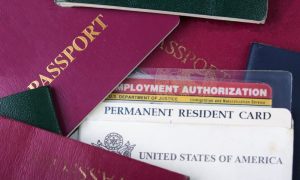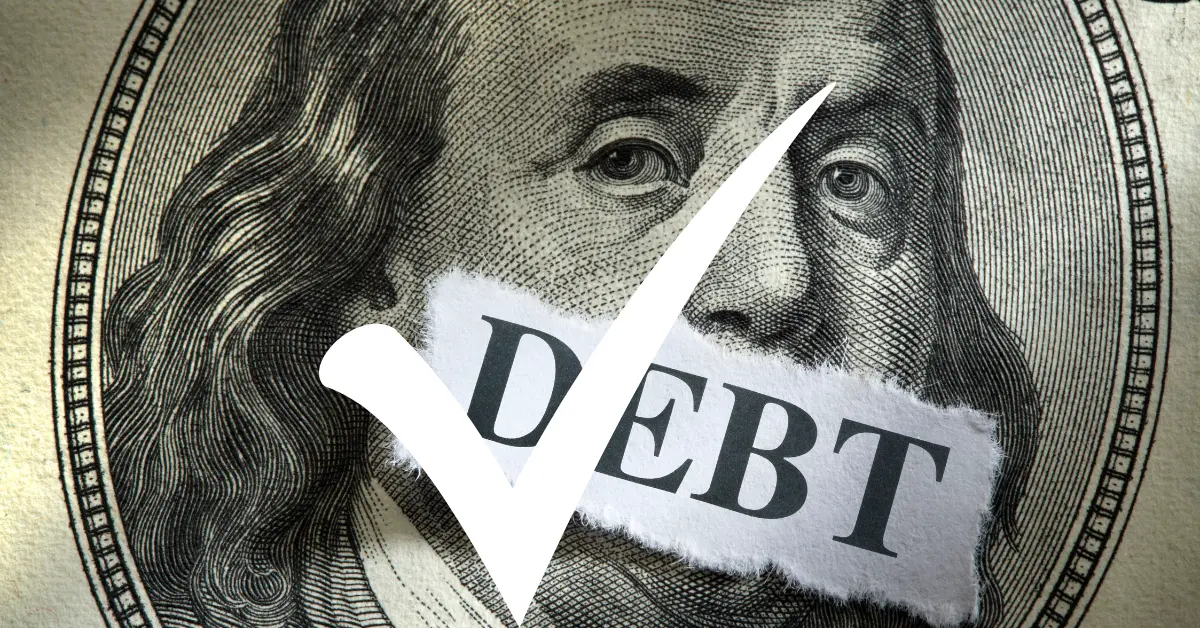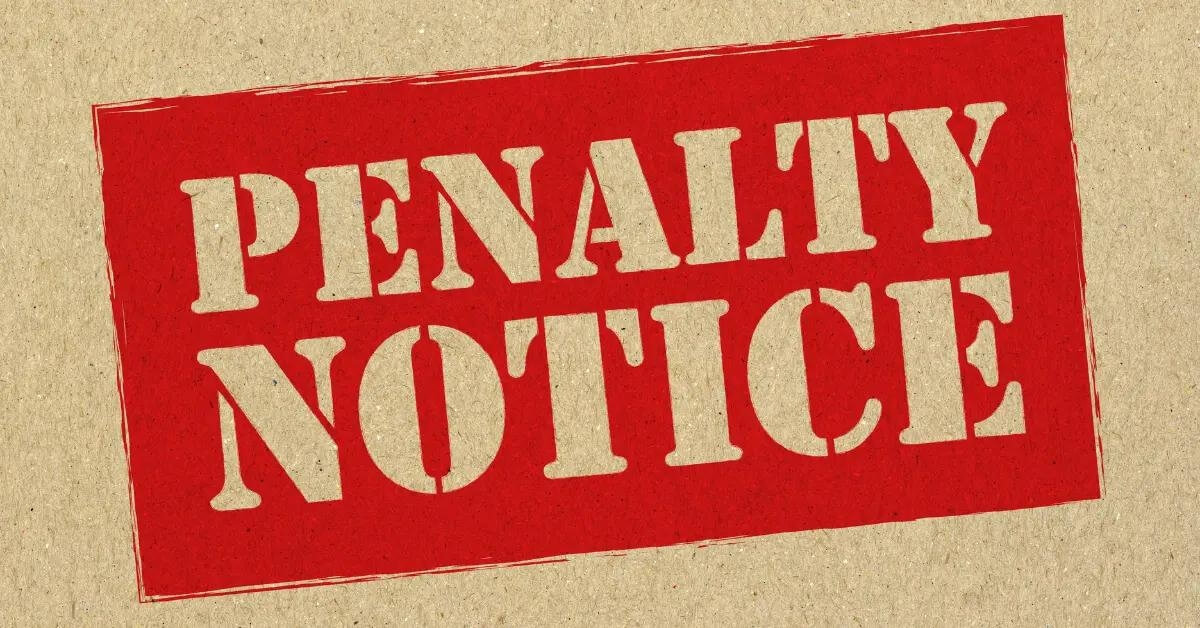If you are a business dealing with services and goods subject to an excise tax, you must prepare an excise tax form or a Form 720 to report your business taxes to the Internal Revenue Service (IRS). This form is often considered incredibly complex, however, and many individuals have a hard time determining whether they need to fill it out. Failing to do so can not only impact the amount of a company’s returns, but also become a significant problem for their business if they do not file on time.
Fortunately, this guide will explain everything you need to know about Form 720, including how this form works and whether your business is required to fill it out.

Excise Taxes and Form 720
- IRS Form 720 is an excise tax form required to be filled out when a business deals with the sale of certain goods and services.
- A company in the market of these specific goods and services must pay extra taxes, also known as excise taxes.
- These taxes are calculated through Form 720.

Who Uses IRS Form 720?
A business that buys or sells specific products or services indicated in the regulations will need to pay the excise tax and fill out Form 720 on a quarterly basis or, in certain circumstances, on a semi-monthly basis.
According to the regulations, goods subject to excise taxes are usually considered harmful to the environment and people. These goods include the following:
- Alcohol
- Gasoline, crude oil, diesel fuel
- Airline tickets
- Cars that consume gas
- Coal products
- Firearms
- Sports fishing equipment
- Gambling
- Foreign insurance
- Indoor tanning services
- Tobacco products
- Tires for highway vehicles
- Trailers
A business that only purchases the excise goods does not need to file a Form 720. However, certain companies — such as those in farming, manufacturing, landscaping, and construction — may see a fuel tax credit for federal fuel excise taxes passed onto them.
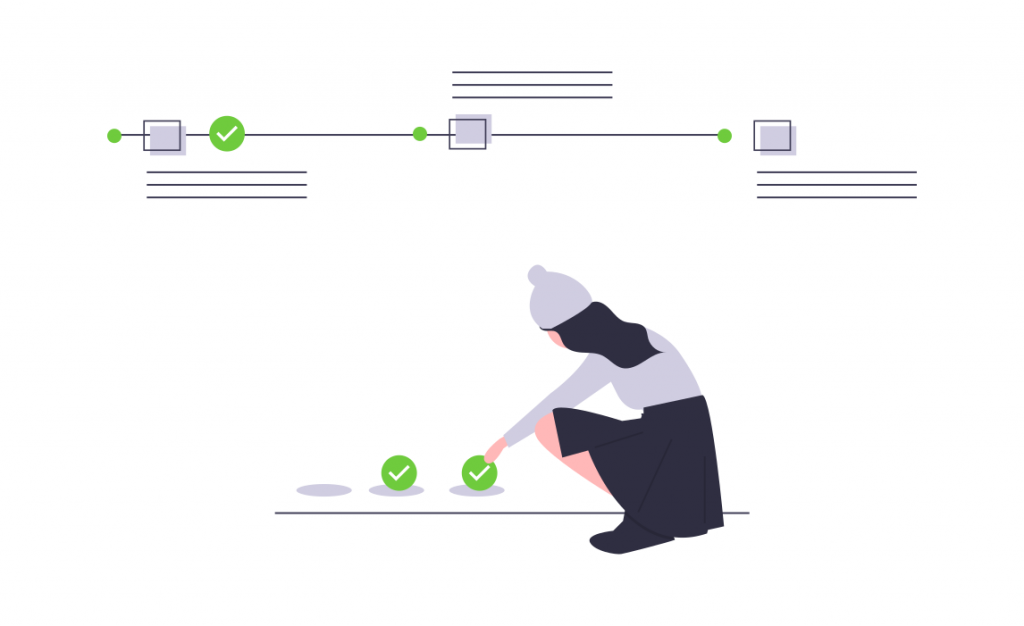
How to Fill Out Form 720
1. Enter Your Business Information
2. Part One
3. Schedule A
4. Part Two
5. Fill Out Schedule T and Schedule C
If you reported fuel excise taxes in either Part One or Part Two, you need to fill out Schedule T, and Schedule C. Schedule T will ask about two-party exchanges, while Schedule C gives a taxpayer a chance to claim credits against their fuel excise taxes.
6. Part Three
Once you complete the form, make sure you sign and date it. Then you can either e-file IRS Form 720 through the IRS website or with the help of a business tax attorney.
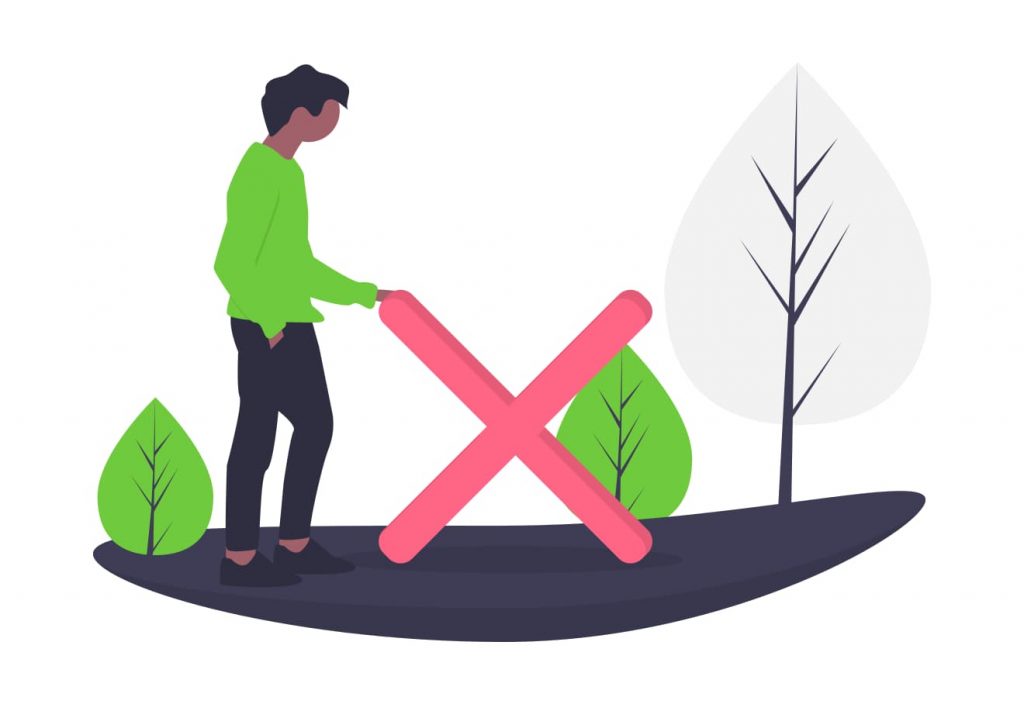
Common Problems with Form 720
Missing the Filing Due Date
Failing to Make Payments
If you are having issues filling out Form 720, it is recommended that you consult with a tax professional that can walk you through this form and ensure you complete everything accurately and on time.

Get the Help You Need with Form 720 from a Tax Professional
Form 720 is an all-encompassing form that embodies the purpose of the excise tax, but this makes the form incredibly long and complicated. Luckily, you do not have to tackle this form on your own.
Reach out to Silver Tax Group to get the professional help you need to complete this document. Contact us today and speak with one of our experts about any Form 720 or other small business tax questions you might have.



